The Police & Crime Commissioner for Cleveland is committed to operating in an open and transparent manner.
The record disposal procedure is designed to support the Commissioner’s corporate governance framework.
The PCC relies on section 46 of the Freedom of Information Act 2000 and subsequent codes of practice to set such a retention policy.
In addition, the Limitation Act 1980 is also relied on since, generally speaking, an individual has up to 6 years in which to bring a claim, after which it is statute barred by the Act from any further re-dress.
Purpose
The purpose of this procedure is to:
- Prevent the premature destruction of records
- provide consistency of preservation/destruction
- Improve record management
Procedure
Records should be disposed of by shredding and arranging for collection as confidential waste for destruction by the appropriate body.
This should also include all back-up copies on alternative media. Wherever there is potential for litigation or a request under the Freedom of Information Act, the records that are likely to be affected should not be amended or disposed of until the threat of litigation or actual litigation has ceased or the appeal processes under the Freedom of Information Act have been exhausted.
A record of disposal of the information detailed in the attached schedule should be maintained which identifies each record destroyed. This applies to records normally held by the office of the PCC.
Records held by the Force are covered by the Force’s own policies and procedures. This applies to records that do need to be retained.
Information which is duplicated, unimportant or of short-term use can be destroyed under the procedure, including:
- Compliments slips
- Catalogues and trade journals
- Telephone message slips
- Non-acceptance of invitations
- Trivial e-messages or notes not related to PCC’s business
- Requests for stock information such as business cards, compliments slips, plans or marketing material Out of date distribution lists
- Working papers which lead to a final report (including panel papers)
- Duplicated and superseded material such as stationery, manuals, drafts, address books and reference copies of annual reports
- E-copies of documents where a hard copy has been printed and filed
- Attendance returns except where these may be used as evidence to prove that an event occurred
- Public documents (such as home office circulars) where copies are available on the internet or from the original / owning body.
